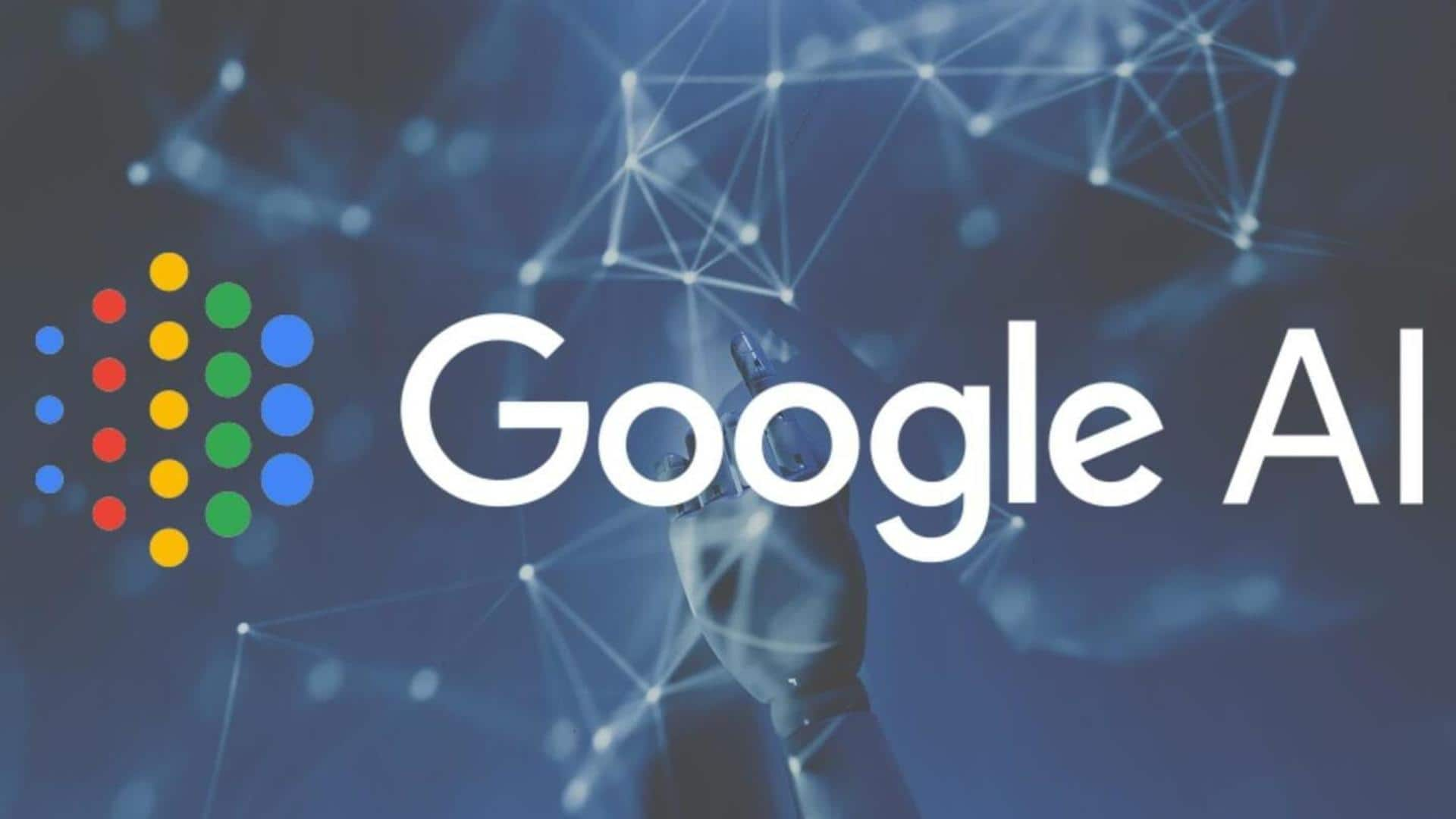
Google to adopt generative AI in ad business: Here's how
What's the story
Google is going for an all-out attack in the generative AI race to make up for its sluggish start.
According to a report by the Financial Times, the company plans to introduce AI into its advertising business in the coming months.
The news comes in the backdrop of reports about Google working on a new AI-powered search engine.
Context
Why does this story matter?
Google has had a poor start in the generative AI race. Despite the company's years of pioneering efforts in the sphere, it was caught off guard by OpenAI and Microsoft's offensive.
Ads are important to Google. That's where the majority of the company's revenue comes from.
Introducing generative AI into ads is Google's way of ensuring that its dominance stays that way.
AI in ads
AI will generate ads based on the target audience
Per Financial Times, Google showed its advertising customers a presentation about how generative AI will become a part of its ad business.
Customers will be able to supply creative content such as images, texts, and videos related to a particular ad campaign.
Google's AI will then mix them to generate ads based on the target audience and sales projections.
Performance Max
The new tools will be part of Performance Max program
Google's Performance Max program already uses machine learning to make strategic recommendations for ad campaigns. The upcoming AI features will do more than that.
They will directly deal with the creative content used in ad campaigns. The new tools are also expected to become a part of the Performance Max program.
The company uses this program to give an overview of ad campaigns.
Issues
Generative AI can introduce factual errors into ad campaigns
Using generative AI in ads will make it easier to generate creative content. However, as we are aware, the content generated by AI can contain fallacies.
AI systems can potentially introduce factual errors into ad campaigns. An individual familiar with the presentation expressed the same fear to Financial Times.
To address this issue, Google would be introducing guardrails.
Effective or not?
Guardrails won't guarantee a spotless experience
Guardrails to protect the integrity of the ad campaigns will be good, but they won't be enough.
Companies around the world, including Google, Microsoft, and OpenAI, are still figuring out how to deal with the 'hallucinations' of generative AI.
With the pace at which the technology is growing, it will be a while before we come up with robust solutions.